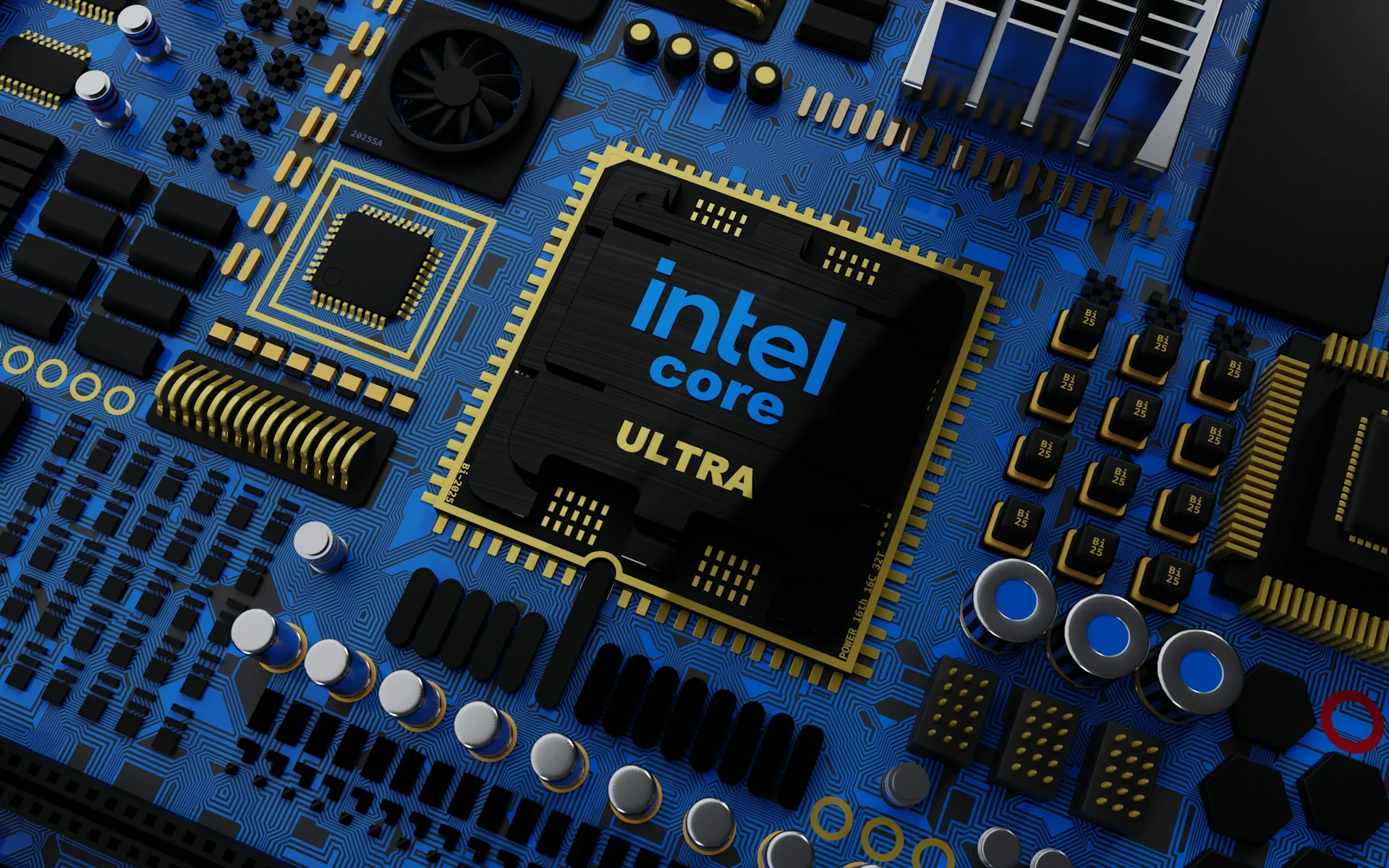Intel has finally pinpointed the root cause of the CPU instability issues that have plagued its 13th and 14th Gen processors. The company announced that the problem stems from elevated voltage levels requested by an erroneous microcode algorithm. To address this, Intel will release a microcode patch by mid-August, aiming to resolve the long-standing issue that has disrupted users’ computing experiences since late 2022.
Root Cause Identified: Elevated Voltages Due to Faulty Microcode
Since December 2022, sporadic reports of CPU crashes and instability during gaming and other intensive workloads have surfaced. These issues culminated in widespread user frustration by the end of 2023. Intel’s investigation has revealed that the crashes were caused by the CPU’s microcode erroneously requesting higher voltage levels, pushing processors beyond their safe operational boundaries.
In a detailed statement, Intel clarified, “Based on extensive analysis of Intel Core 13th/14th Gen desktop processors returned to us due to instability issues, we have determined that elevated operating voltage is causing instability issues in some processors. Our analysis confirms that the elevated voltage stems from a microcode algorithm resulting in incorrect voltage requests.”
Microcode Patch Coming in Mid-August
To rectify the problem, Intel is developing a microcode patch that will be distributed through BIOS updates from motherboard manufacturers and Windows updates. This patch is expected to be available to end-users by mid-August. However, Intel has noted that this update will not repair processors already suffering from crashes. Instead, it aims to prevent the issue on unaffected processors.
Intel’s spokesperson emphasized, “We are delivering a microcode patch that addresses the root cause of exposure to elevated voltages. We are continuing validation to ensure that scenarios of instability reported to Intel regarding its Core 13th/14th Gen desktop processors are addressed.”
Impact on Processors and Future Stability
The elevated voltage issue has caused irreversible degradation in some processors, and the upcoming patch will not fix these damaged units. Users experiencing crashes are advised to contact Intel Customer Support for assistance. Intel will continue to replace impacted processors through RMAs (Return Merchandise Authorizations).
Intel also addressed concerns regarding the via oxidation issue in its 7nm node. The company confirmed that this problem, identified and resolved in 2023, was not related to the current instability issues. “We can confirm that the via oxidation manufacturing issue affected some early Intel Core 13th Gen desktop processors. However, the issue was root-caused and addressed with manufacturing improvements and screens in 2023,” Intel stated on Reddit.
No Processor Recall Planned
Despite the severity of the stability issues, Intel has NOT announced a recall of its processors. Sources familiar with the situation suggest that a recall is unlikely. Instead, Intel is focused on delivering the patch and supporting affected customers through replacements.
Testing and Performance Impact
Intel has assured users that the microcode patch currently shows no adverse impact on processor performance. Testing is ongoing to ensure that the patch does not degrade the CPU’s operational capabilities. More information on performance implications will be shared as validation continues.
Intel’s commitment to resolving the issue is evident, and the company is keen on ensuring that its CPUs meet the reliability standards expected by consumers. The company stated, “Intel is committed to making this right with our customers, and we continue asking any customers currently experiencing instability issues on their Intel Core 13th/14th Gen desktop processors to reach out to Intel Customer Support for further assistance.”
Looking Ahead: Stability and Performance
As Intel prepares to roll out the microcode patch, the focus remains on stabilizing the 13th and 14th Gen processors. Customers are advised to continue using the basic power guidelines provided by Intel, avoiding fully unlocked settings until the patch is applied. This interim measure is crucial for maintaining system stability.
Intel’s detailed analysis and ongoing validation efforts are reassuring signs that the company is dedicated to resolving these issues comprehensively. With the patch release set for mid-August, users can expect a significant improvement in CPU stability, ensuring that Intel’s processors can perform reliably without the threat of unexpected crashes or instability.
In conclusion, Intel’s proactive approach to addressing the CPU instability issue highlights its commitment to customer satisfaction and product reliability. As the microcode patch nears its release date, Intel continues to support its users, ensuring that their computing experience is as seamless and stable as possible.


